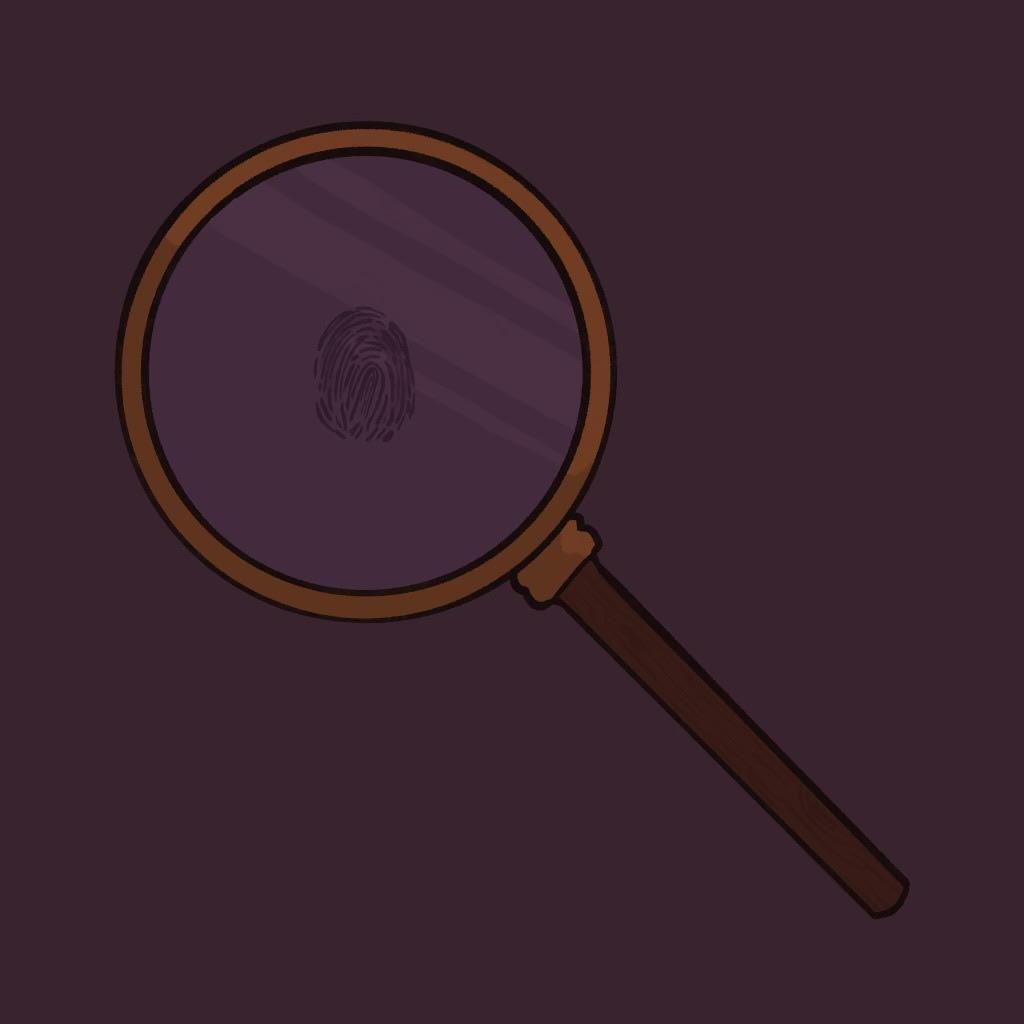Forensic science, also known as criminalistics, is the application of scientific methods to criminal and civil law. The 47 different subdivisions of this science include: the analysis of DNA, fingerprints, bloodstains, patterns, ballistics, and toxicology. Forensics can help provide crucial evidence, especially in criminal investigations.
One of the ways forensic science is known to the public is through police television shows like “CSI,” “Bones,” and “Rizzoli and Isles,” which, while entertaining, are often a misrepresentation of what the field actually involves. Another common introduction into forensic science is through the novel series, television, and movie adaptations of “Sherlock Holmes.” As a character, Sherlock Holmes became an innovator of forensic science in the real world and often discovered new methods of crime scene analysis that would later be used by police divisions in criminal investigations.
This school year, Franklin students have the chance to learn about forensic science within the classroom. In an elective class taught by Kilsi Naanee, students will be introduced to the basic principles and techniques used in forensic investigations. The class will cover six units of study: “Introduction to Forensics, The Crime Scene, Physical Evidence, Fingerprints, Drugs and Toxicology, [and] Trace Evidence,” according to Naanee.
Naanee is new to teaching forensic science, but is not new to Franklin. During the 2021-2022 school year, he taught biology, and last year he was a substitute and taught for classes across Franklin. In the past, he’s coached Franklin’s football, track and field, and wrestling teams.
Some students believe that forensics is an intriguing subject whereas others believe the elective would be no different than a traditional science class. However, Naanee says, “This course introduces students to the principles and techniques used in forensic investigations, combining elements of biology, chemistry, physics, and psychology to analyze evidence and solve crimes, [and] we even talk about the history of forensics.” Naanee explained that he feels as though “science class and the STEM fields have invisible barriers that turn students away from science.” He continues saying “elective science classes, like forensics, should be entry points into the science field.”
Isha Shakya, a junior at Franklin, hopes this class will help her to figure out if forensics is something she would like to pursue in the future. Having an understanding of forensic science can help prepare students for a vast amount of careers. These careers include fingerprint technicians, evidence technicians, forensic science technicians, forensic specialists, forensic investigators, and forensic psychologists. “Forensic science also prepares students for medical school, dental school, graduate studies in chemistry,” Naanee revealed.
Rocky Hellis, a senior at Franklin taking forensics this year, answered some questions about why they picked this elective: “I thought it would be interesting and I’ve always loved murder mysteries,” Hellis further explained that taking forensics will help to further their understanding about how those mysteries are solved. Hellis does not want to pursue a forensic science career in the future but is rather taking this course for fun. Shakya says she’s taking the course “because it was a new class offered this year and I’ve always been interested in things like murder mysteries and crime shows.” She went on to say that her “friends who took [forensics] at McDaniel High School loved it.”
Additionally, Shakya stated, “I hope to learn more about all the different steps that go into forensic analysis and getting to participate in a more hands-on science class,” which she explained is a more enjoyable way for her to learn. She adds, “Mr. Naanee creates a very fun and engaging class community and I can tell he’s very passionate about forensic science.” When asked about his teaching style, Naanee shared that, “Students in the past have said I’ve been laid back in the past but I believe my teaching style adapts to each class.”
Franklin’s new forensic science class can provide a stepping stone for students who want to pursue a career in forensic science or an opportunity to learn more about an interesting scientific field. Students now and in the coming years will have the opportunity to analyze the world of criminalistics in a more in depth and accurate way in a classroom setting as opposed to from television, books, and movies.



































